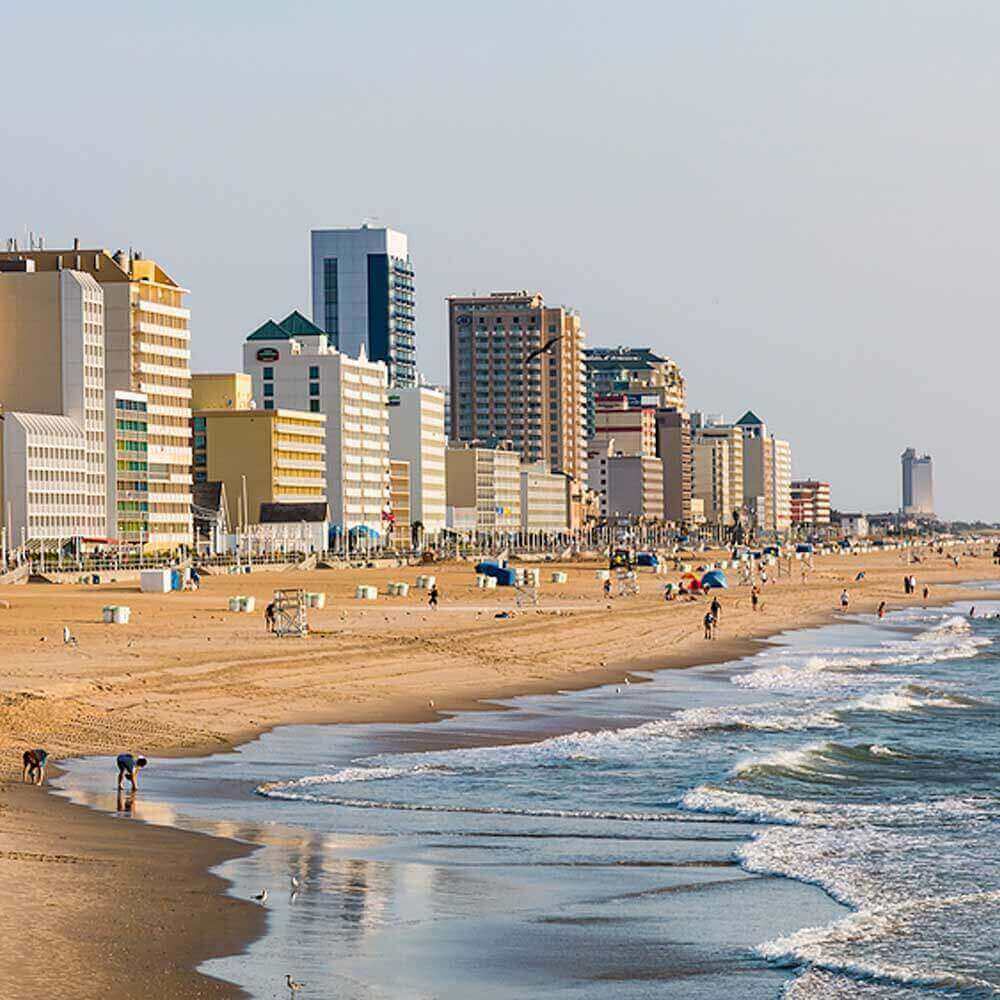We’ve hit the prom and graduation season, a time for ordering caps and gowns, picking up corsages, and arranging for pictures.
VIRGINIA BEACH, Va. (WVEC) — We’ve hit the prom and graduation season, a time for ordering caps and gowns, picking up corsages, and arranging for pictures.
Maybe you’re planning a party. Perhaps you’re renting a beach house so teenagers can get together, celebrate, and share memories. If the plan includes the home rental, you might want to rethink it.
The discussion about Beach Week can get tricky. When it comes to the idea of renting a home for it, teenagers may argue: “What could possibly happen? Everyone’s parents are doing this. Didn’t you party at the beach with friends after you graduated from high school?”
“It’s a complicated issue,” one student told us. “They mean well. It doesn’t always go well, but high school graduation is a fun time.”
Keg stands Beer pong. Shots…lots of shots. Those are part of the celebration for a lot of students. Teens admit to drinking anything and everything, as well as having sex.
Attorney Michael Goodove said parents need to realize there are tough laws about renting beach houses for teenagers and their friends and some risks.
“I think people are crazy and somewhat stupid if they don’t pay attention to the legal ramifications of it,” Goodove told 13News Now, adding that if you rent a beach house for teens and there are alcohol and drugs there, you could be arrested and sent to jail.
There can be huge lawsuits that can leave you bankrupt. What if someone leaves the party drunk, or there’s a sexual assault?
“Parents sometimes need to act like parents and less like their kids,” Goodove stated.
In 2009, the Virginia Supreme Court weighed in on the issue, saying if parents are negligent in the duty of supervising someone else’s child, they can be held civilly responsible for damages.
Michele Tryon, a Parent Educator at The Children’s Hospital of The King’s Daughters, said, “One of the things we know is that when they say they want to party with their friends, usually there’s some alcohol involved.”
Tyron noted that the subject of graduation parties can involve tough conversations for parents.
You might ask your teen to convince you it’s a good idea to go or ask him/her to explain to you how he/she will be safe. Some parents seem to go the opposite direction, considering supplying alcohol for the parties.
When it comes to teens who drink, The National Institute on Alcohol Abuse reports 1.4 million teenagers engage in binge drinking. Six hundred twenty thousand have an alcohol use issue.
Parents who supply alcohol to children could be charged with Contributing to the Delinquency of a Minor, which is a $2,500 fine and carries a potential jail sentence of one year. If there are 20 teenagers at a party for which you supplied alcohol, that’s 20 counts/charges.
Last year, Virginia Beach police officers cited 465 teens for having alcohol, including some in Sandbridge.
“As a parent, we have a duty to be a role model for our children, and we have a duty to not only follow the law but not to engage in dangerous or illegal behavior,” Goodove said.
Clearly, some teens today are choosing not to drink. Studies show about 50 percent don’t.
“Be sober and have fun. You don’t have to be drunk to have fun,” one teenager told 13News Now.
Beach Week may be a tradition for a lot of teenagers. Each year, inevitably, the tradition ends badly somewhere. How they choose to celebrate it and graduation, in general, will determine how — or if — they will be able to look back on the celebration.

